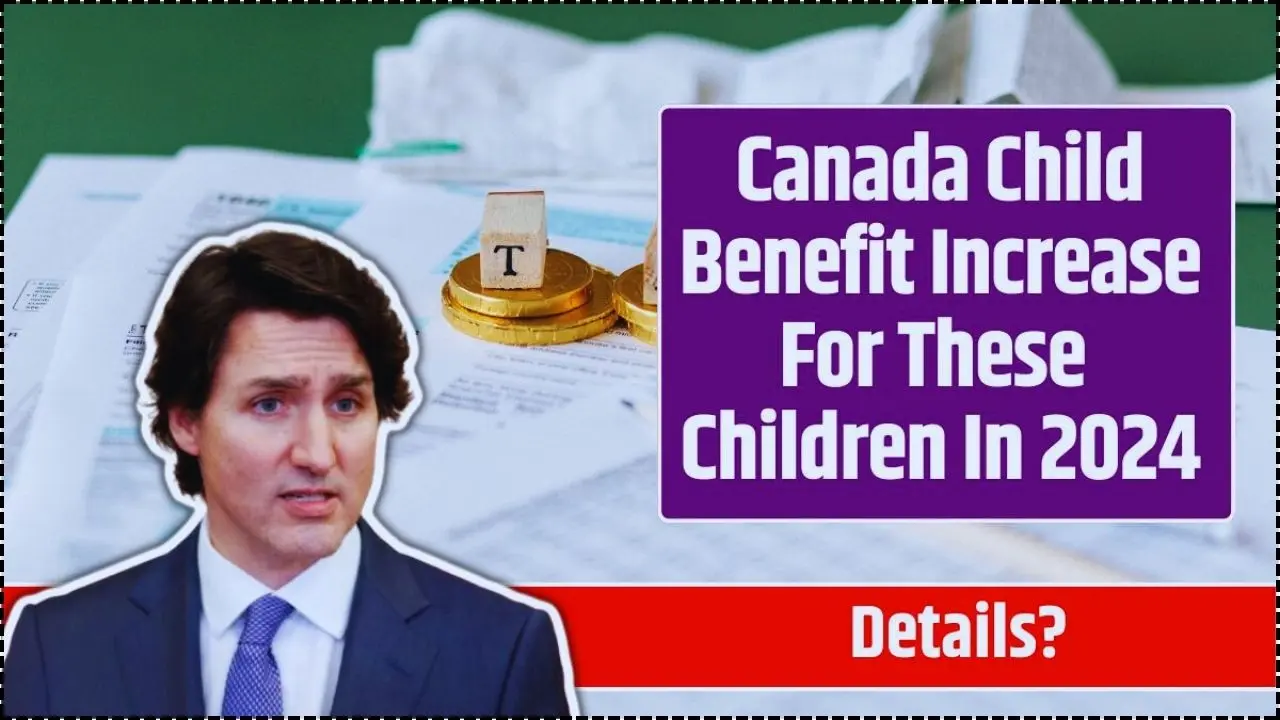First, the $3500 amount applied to CPP in Canada is not a benefit amount, but rather what is called a Basic Exemption Amount, or BEA. It’s supposed to lighten the contribution load at the low-income level. What follows is a quick overview of what this exemption means, who benefits, and how CPP contributions are structured around this threshold.
What is the 3500CPP Basic Exemption?
The 3500 Basic Exemption is a threshold under the CPP whereby no individual with an annual income less than this amount pays into the CPP. This amount gives a cushion to the low-income earners by saving their potential contributions to the CPP so they can enjoy more of their wage earnings. Payments to the CPP apply only to any amount over the 3500BEA−theamountover3500 BEA-the amount over 3500 becomes “pensionable earnings” on which CPP payments must be paid.
For example, an individual with annual earnings of 20,000pays CPP premiums on only 20,000 pays CPP premiums on only 16,500 of the earnings, which is 20,000−20,000 – 3,500.
CPP Eligibility and Contributions Information
The BEA mainly applies to:
Self-Employed Individuals: They have to pay the entire contribution themselves to CPP, and the deduction of 3500 decreases the baseon which contribution sarecal culated. Work ersand Employers: Both are responsible, with each paying the CPP contributions. The 3500 decreases the base on which contributions are calculated. Workers and Employers: Both are responsible, with each paying half of the CPP contributions. The 3500 BEA relieves both by reducing their shared contribution base. Eligible recipients for CPP include Canadians aged 60 and above who have contributed to CPP over their working years.
The 3500 BE A has been stable since 1996 and is not adjusted to inflation. CPP Payment Schedule−November 2024 While the 3500 BEA has been stable since 1996 and is not adjusted to inflation. CPP Payment Schedule – November 2024 While the 3500 BEA does not represent a cash benefit, regular CPP benefits are paid out on a monthly basis to retirees. Payments for November 2024 will be credited on Wednesday, November 27.
The 3500 Basic Exemption Amount in CPP principally benefits employed and self−employed individuals who earn in excess of 3500 Basic Exemption Amount in CPP principally benefits employed and self-employed individuals who earn in excess of 3500 per year given the fact that this amount excludes income earned from being levied with the contributions. Importantly, this exemption does not impact actual eligibility for CPP benefits but is only a factor in the calculation of contributions. In fact, though the BEA was implemented back in 1996, it has never been indexed to inflation. It has been stuck at this level, 3500. If an individual earns an income below 3500.
If an individual earns an income below 3500 yearly, there is no obligation to make CPP contributions. Further information regarding the $3,500 BEA can be found at the Service Canada Internet site.




